Discussing at Group 4 (including the National Assembly delegations of Khanh Hoa, Lai Chau and Lao Cai provinces) on the afternoon of October 22 about the draft Law amending and supplementing a number of articles of the Law on Education , the delegates basically agreed with the necessity of promulgating this law.
However, National Assembly Delegate Hoang Quoc Khanh ( Lai Chau ) expressed concerns about some contents in the draft.
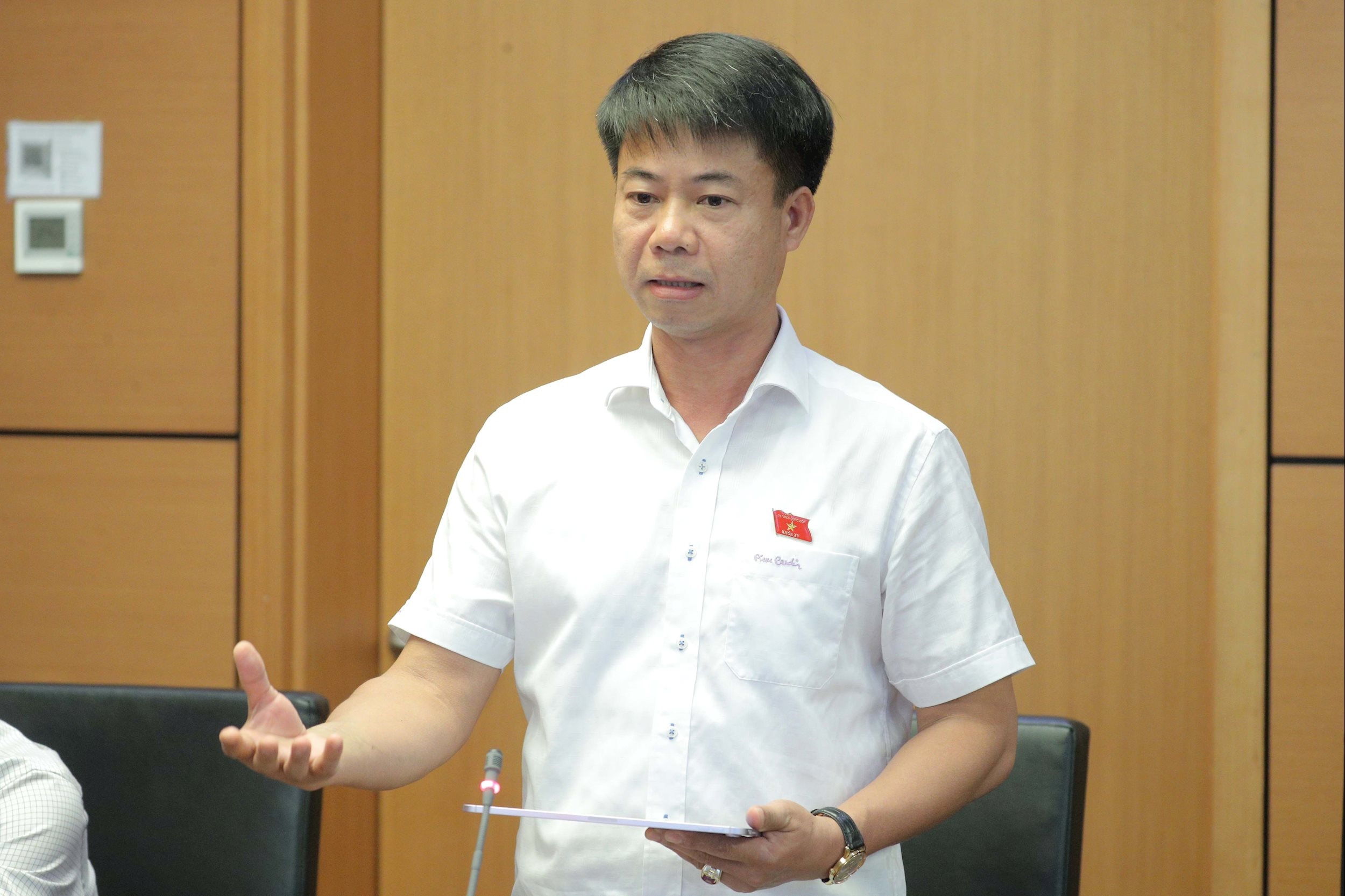
Specifically, according to the provisions of Article 52 of the draft Law on competence and procedures for establishing or permitting establishment; permitting educational activities, suspending enrollment, suspending educational activities; merging, dividing, separating, and dissolving schools: “The Chairman of the Provincial People's Committee decides on high schools, general schools with many levels of which the highest level is high school, ethnic boarding schools, pre-university schools, intermediate schools, vocational high schools in the province; kindergartens, primary schools, junior high schools, and high schools proposed by foreign diplomatic missions and intergovernmental international organizations”.
Delegates acknowledged that the draft Law decentralizing the decision to establish university preparatory schools to the Chairman of the Provincial People's Committee is a strong decentralization step, in line with the spirit of administrative reform, reducing the workload for central ministries and branches.
Currently, the country has 4 university preparatory schools, including the Central Ethnic University Preparatory School (Viet Tri), Sam Son Ethnic University Preparatory School, Nha Trang Central Ethnic University Preparatory School and Ho Chi Minh City University Preparatory School. Previously, the schools were established by the Ministry of Education and Training, but are now managed by the Ministry of Ethnic Minorities and Religions.
This is a training environment for ethnic minority children and children from disadvantaged areas with relatively good academic performance. After failing the university entrance exam, they wish to continue to be trained and educated to later take the university entrance exam or vocational school entrance exam.
"According to the press and in reality, these schools are currently operating stably and effectively," said delegate Hoang Quoc Khanh.
Emphasizing that university preparatory schools not only serve a locality but also an entire region, meaning they are inter-regional, delegate Hoang Quoc Khanh expressed concern about the regulation decentralizing management to the Chairman of the Provincial People's Committee.
The delegate cited the fact that currently, the enrollment of some universities in the provinces is still difficult. If each locality were to establish its own university preparatory school, the enrollment and attraction of students from neighboring provinces would also face many obstacles.
Along with that, if handed over to the province, the facilities and support policies for these schools will be difficult to ensure compared to when handed over to the Central Government for management, because the main students are children from disadvantaged areas.
The delegate cited that in Lai Chau province, each year there are about 2,000 students graduating from junior high school, of which only 200-300 go to vocational school, the rest mostly return to their hometowns to work for hire or as manual laborers. Even for the children of officials, last year, about 130 students had enough points to enter public schools, but because of the lack of facilities and teachers, their families sent them to Hanoi to study, because there were no private or international schools.
Therefore, delegates are concerned that if university preparatory schools are handed over to the provinces, it will be difficult to attract students.
"The draft Law needs to be considered and recalculated. Current regulations should be kept, that is, continuing to maintain the four existing university preparatory schools and maintaining and developing these schools well," delegate Hoang Quoc Khanh suggested.
Agreeing with the above opinion, National Assembly Deputy Nguyen Quoc Luan (Lao Cai) said that university preparatory schools have recently become the cradle to equip knowledge for students from ethnic minority areas.
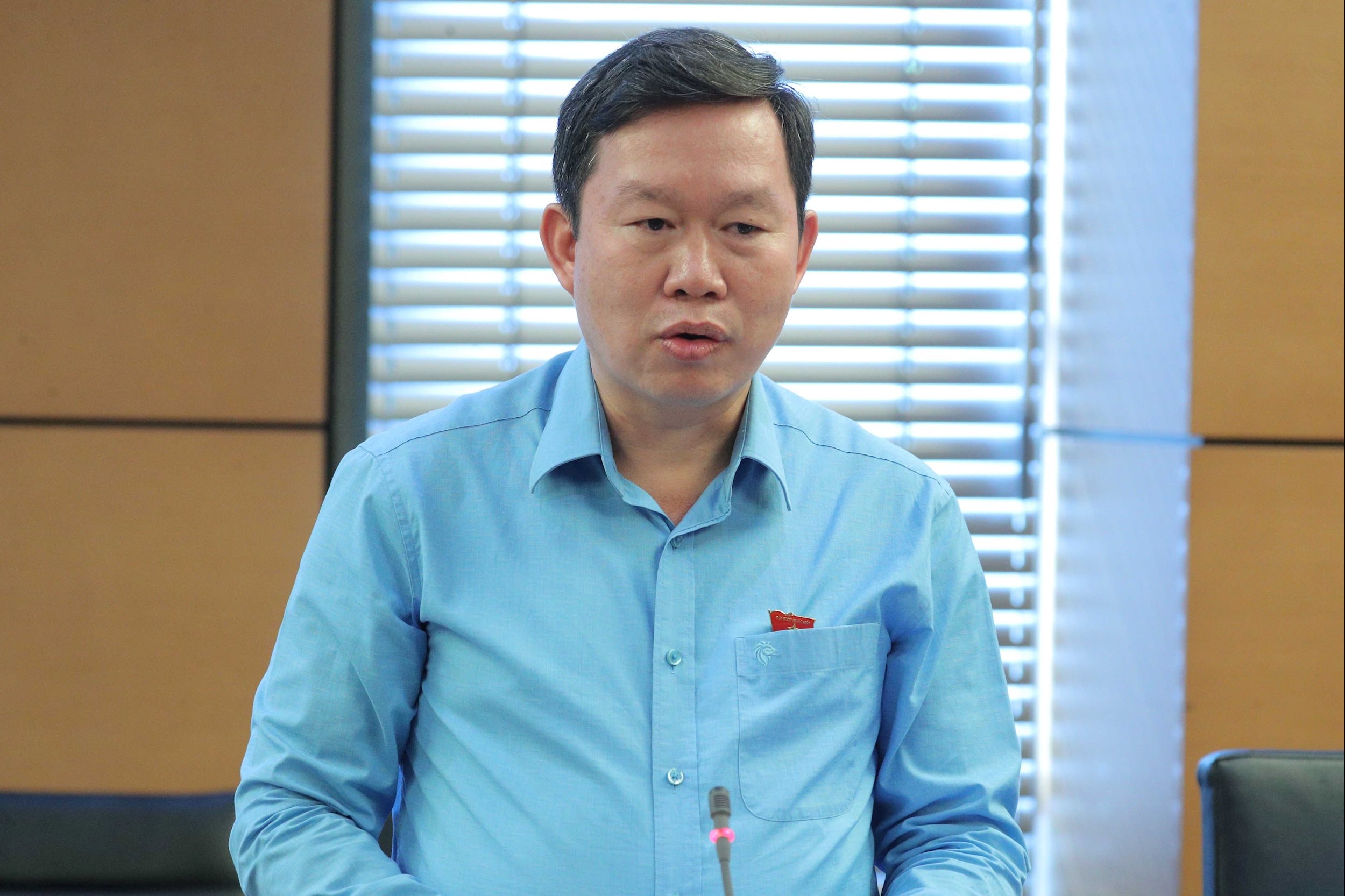
Now, if the authority is given to the Chairman of the Provincial People's Committee to decide on the establishment, "maybe 34 provinces and cities will have 34 preparatory schools". Therefore, the drafting agency needs to have a thorough policy impact assessment, the delegate suggested.
The Draft Law also clearly stipulates preferential policies for educational institutions, including "priority for clean land funds, allowing flexible conversion of land use purposes to educational land; focusing on site clearance and allocation of clean land for educational and training projects".
According to delegate Hoang Quoc Khanh, it is necessary to clarify the term “clean land fund”, because the current Land Law does not have this concept. Only when clarified can it ensure legality as well as facilitate implementation.
Source: https://daibieunhandan.vn/can-nhac-giao-truong-du-bi-dai-hoc-ve-cho-cap-tinh-10392447.html











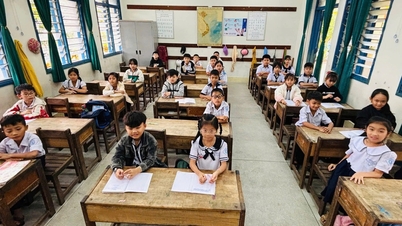

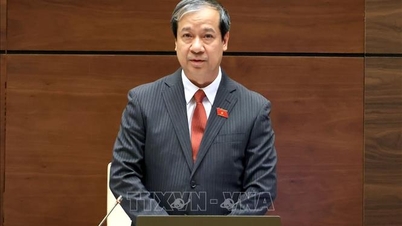

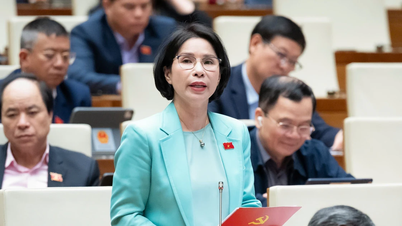

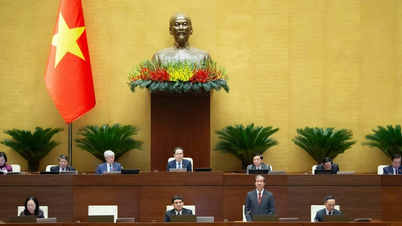


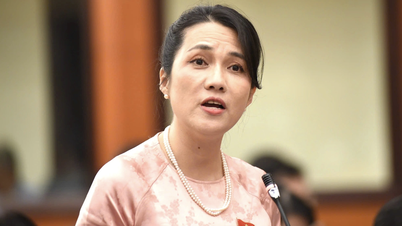

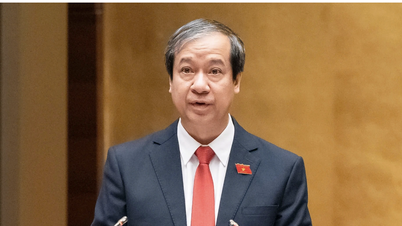

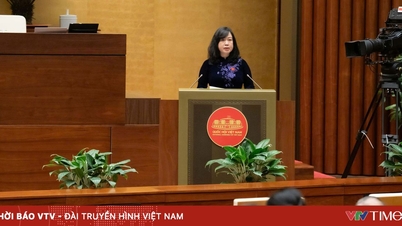






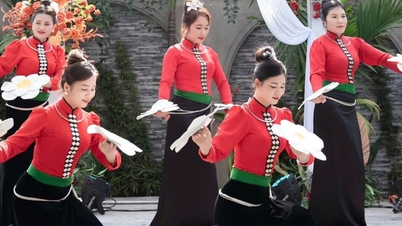

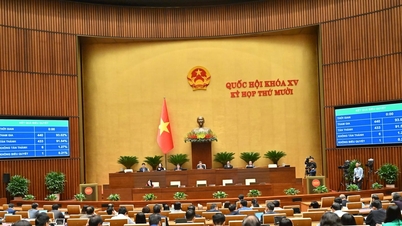
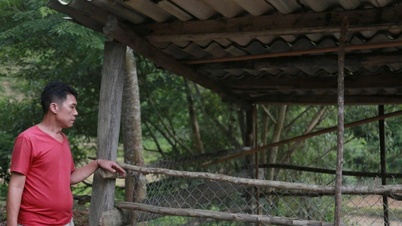
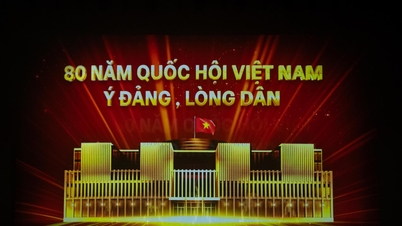







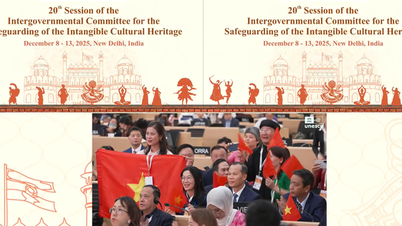

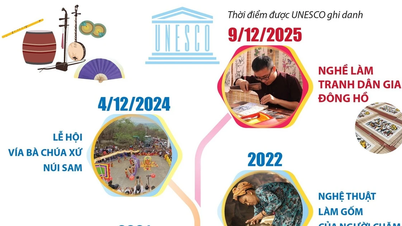
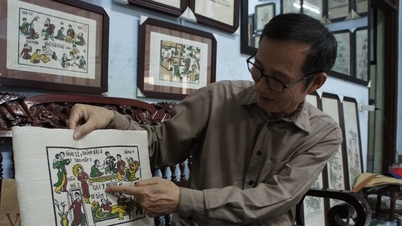





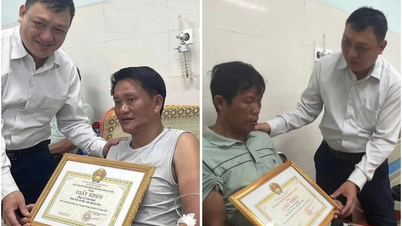



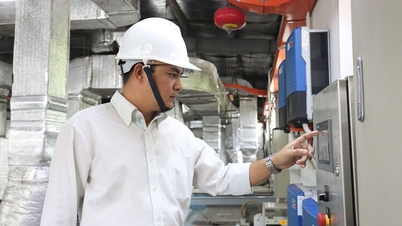























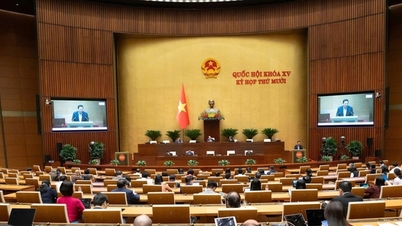

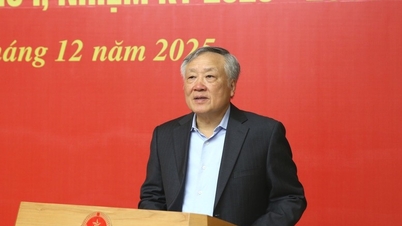

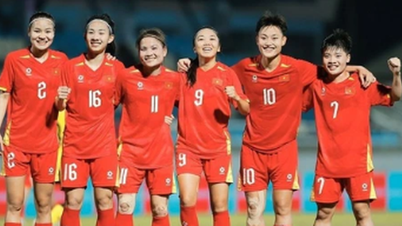
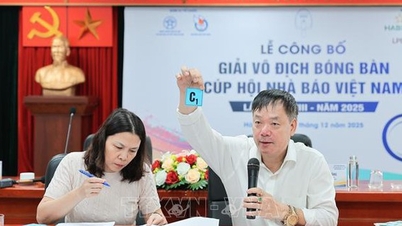





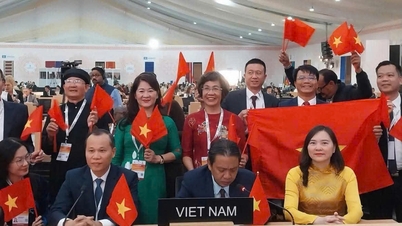



![[Podcast] National Assembly approves personal allowance deduction of VND 15.5 million/month](https://vphoto.vietnam.vn/thumb/402x226/vietnam/resource/IMAGE/2025/12/10/1765340032834_hnm-1cdn-vn-thumbs-540x360-2025-11-04-_hnm-1cdn-vn-thumbs-540x360-2025-06-27-a7b22b8722-_thu.jpeg)



















Comment (0)